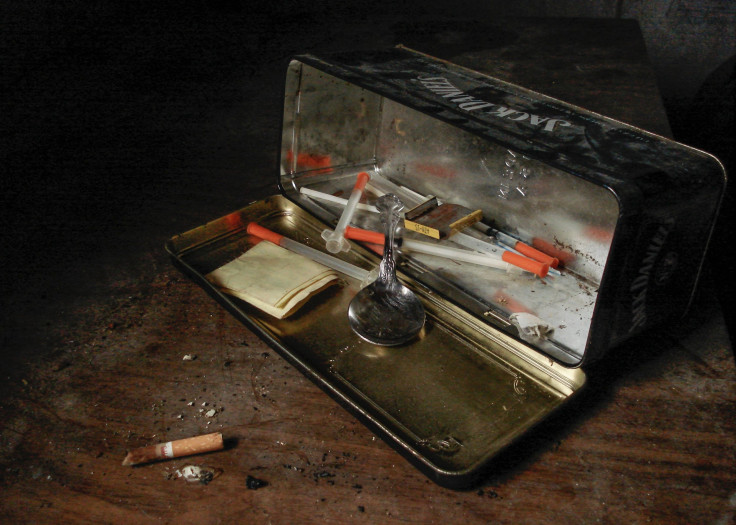
Throughout the month of July, and in the midst of one of the most significant civil rights movements in years, Recovery Unplugged has been taking an in-depth look at the lesser-discussed issue of addiction in minority populations, including how income disparities and insurance access affect treatment and recovery; imbalanced incarceration rates for low-level offenses; and the unique factors that drive substance use disorder from an early age.
Recovery Unplugged is uniquely aware of the systemic factors that perpetuate substance abuse and inhibit treatment access, therefore they continue to address these factors and breaking down the barriers to provide care to as many people in need as possible, and the Music Assisted Treatment approach has been instrumental in that equation.
"Music is one of those unique things that can simultaneously be a cultural treasure and a unifier. It connects clients to the comfort and familiarity of their background while also helping them relate to other people by sharing it. We've seen these healing benefits change lives and guide our clients toward lasting recovery from addiction," says Recovery Unplugged Co-Founder and Vision Leader Paul Pellinger.
As the country continues to grapple with racial and ethnic tension in multiple areas of everyday life, this tension is exemplified through glaring and persistent disparities in the addiction and recovery landscapes:
SAMHSA's 2018 National Survey on Drug Use and Health (NSDUH) estimates that 1.1 million Hispanic/Latino youth used illicit drugs in the past year, including 208,000 who misused opioids in the past year, and that 92 percent of Hispanic/Latino youth with a substance use disorder did not receive treatment in a specialty facility.
Despite relatively uniform rates of substance abuse among racial and ethnic populations, there is a disproportionate rate of drug arrests among the Black Community. Although these gaps have narrowed, they still represent a significant threat to the mental health and quality of life of this population.
Data from the University of Pennsylvania indicates that members of the Black and Hispanic communities are less likely than White patients to complete addiction treatment, due largely to socioeconomic factors.
The American Psychological Association reports that, although efforts have been made to improve access to addiction treatment among minority communities as a whole, comparatively little has been done to specifically help Asian-Americans and Pacific Islanders.
© 2025 Latin Times. All rights reserved. Do not reproduce without permission.






